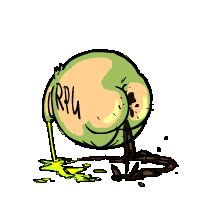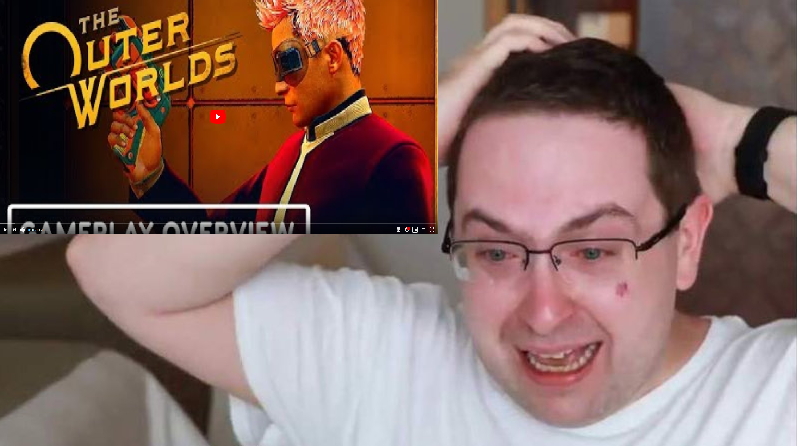Ninjerk
Arcane
- Joined
- Jul 10, 2013
- Messages
- 14,323
I found this post to be interesting, and it discussed some issues that arose from the particular way PoE’s story was designed, so I thought I’d write a quick response.
As you may already know (from some interviews that discussed this a while back) - in the very early days of PoE, a number of people (Chris Avellone, Josh Sawyer, Eric Fenstermaker, me, Bobby Null, Jorge Salgado, possibly others I’m forgetting) all submitted story concepts for consideration. This was a very different process from previous projects, where one person (usually the lead narrative designer, but not always) developed the story on their own, largely in isolation from the rest of the team. On PoE, I think the goal was to draw ideas from multiple sources and generate greater narrative buy-in from key team members.
In practice, the most interesting ideas from multiple people’s stories ended up being pulled together into the final narrative. As you might imagine, this was sometimes good and sometimes bad. For example – the “artificially constructed gods” idea was taken from my story (so I’m glad you liked it), but it was separated from its original context, so it may not have worked as well when combined with ideas from the other stories.
(It’s also interesting that you thought Rymrgand had originated from a non-Engwithan source. That’s exactly what he was in his original conception.)
Narrative design is always a challenge in game development, and getting team buy-in is equally tough. I’ve seen it attempted in a number of ways, from a dictatorship-of-one to design-by-committee, and everything in between. What has worked best in my experience is when one person is ultimately responsible for the story, but the narrative (and the person in charge of the narrative) is flexible enough to incorporate ideas from many other teammates, while maintaining the right to occasionally veto ideas that just don’t fit. If you communicate the narrative vision effectively, the latter is usually not necessary, or you can at least twist an idea to make it work… but not always.
Ok, that was a longer answer than I’d intended, but hopefully it provides some insight into the RPG narrative process.
You must have some kind of spider sense.












![The Year of Incline [2014] Codex 2014](/forums/smiles/campaign_tags/campaign_incline2014.png)




















